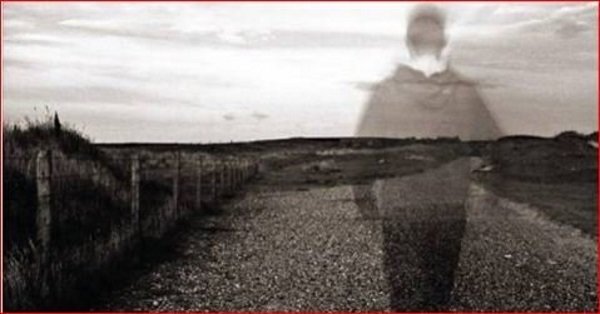Kvantemekanikken er, på trods af det at den er gennemtested, så mærkelig og anti-intuitiv at den berømte fysiker Richard Feynman engang sagde, "Jeg tror at jeg sikkert kan sige at ingen forstår kvantemekanikken." Forsøg på at forklare nogle af de bizarre konsekvenser af kvanteteorien har ført til nogle hjerneudfordrende ideer, såsom Københavnerfortolkningen og mange-verdens fortolkningen.
Nu er der en ny teori på banen, som er kaldt "mange samspillende verdener" hypotesen (MIW), og ideen er ligeså dybtgående som den lyder. Teorien foreslår ikke blot at parallelle verdener eksisterer, men at de samspiller med vores verden på et kvanteniveau og derfor er detekterbar. Selvom det endnu er spekulativ, så kunne teorien hjælpe med langt om længe at forklare nogle af de bizarre konsekvenser som er forbundet med kvantemekanikken, rapporterer RT.com.
Kommentar: Denne artikel er delvis oversat til dansk af sott.net fra: Parallel Worlds exist and interact with our world, Physicists say
The theory is a spinoff of the many-worlds interpretation in quantum mechanics — an idea that posits that all possible alternative histories and futures are real, each representing an actual, though parallel, world. One problem with the many-worlds interpretation, however, has been that it is fundamentally untestable, since observations can only be made in our world. Happenings in these proposed "parallel" worlds can thus only be imagined.
MIW, however, says otherwise. It suggests that parallel worlds can interact on the quantum level, and in fact that they do.
"The idea of parallel universes in quantum mechanics has been around since 1957," explained Howard Wiseman, a physicist at Griffith University in Brisbane, Australia, and one of the physicists to come up with MIW. "In the well-known 'Many-Worlds Interpretation', each universe branches into a bunch of new universes every time a quantum measurement is made. All possibilities are therefore realized - in some universes the dinosaur-killing asteroid missed Earth. In others, Australia was colonized by the Portuguese."
"But critics question the reality of these other universes, since they do not influence our universe at all," he added. "On this score, our "Many Interacting Worlds" approach is completely different, as its name implies."
Wiseman and colleagues have proposed that there exists "a universal force of repulsion between 'nearby' (i.e. similar) worlds, which tends to make them more dissimilar." Quantum effects can be explained by factoring in this force, they propose.
Whether or not the math holds true will be the ultimate test for this theory. Does it or does it not properly predict quantum effects mathematically? But the theory is certain to provide plenty of fodder for the imagination.
For instance, when asked about whether their theory might entail the possibility that humans could someday interact with other worlds, Wiseman said: "It's not part of our theory. But the idea of [human] interactions with other universes is no longer pure fantasy."
What might your life look like if you made different choices? Maybe one day you'll be able to look into one of these alternative worlds and find out.
Do you believe that parallel worlds exist? Share your thoughts in the comments section bellow.




Kommentar: Se også: